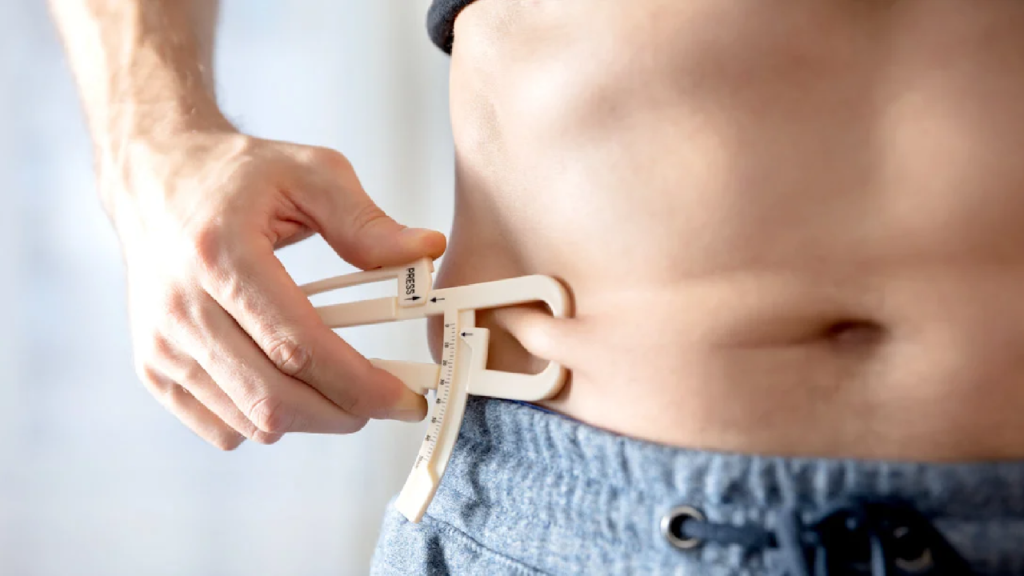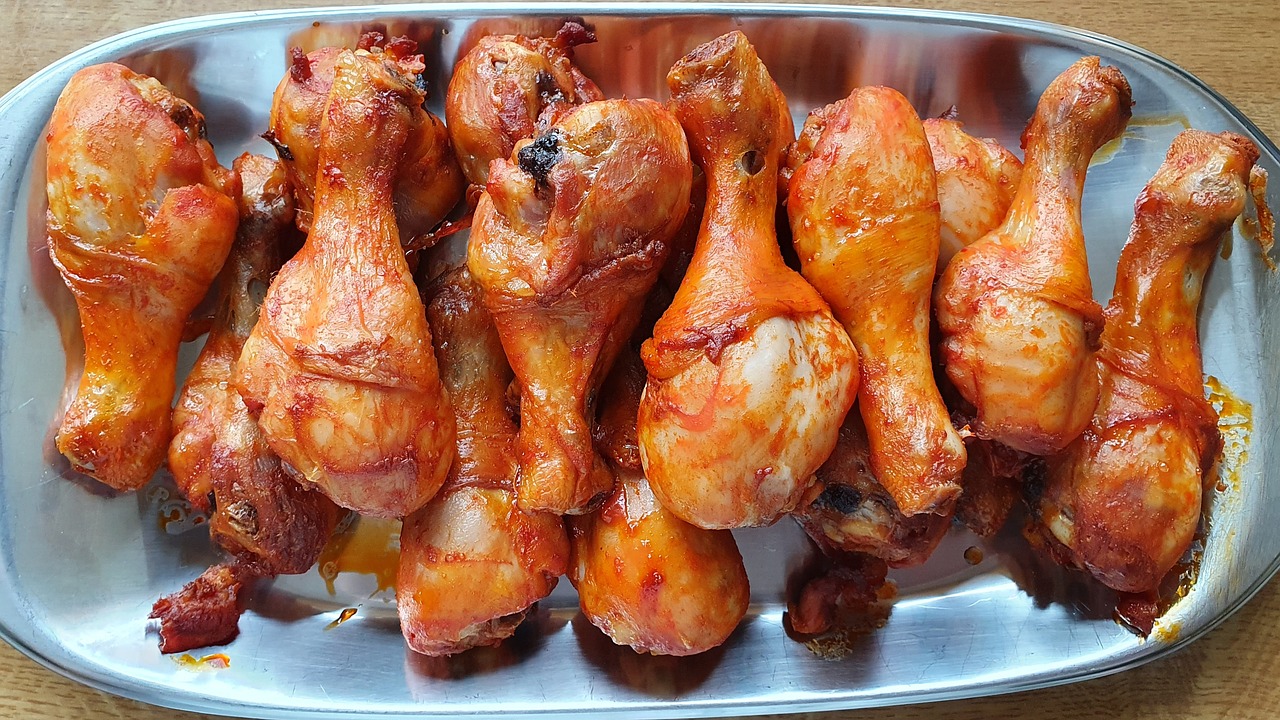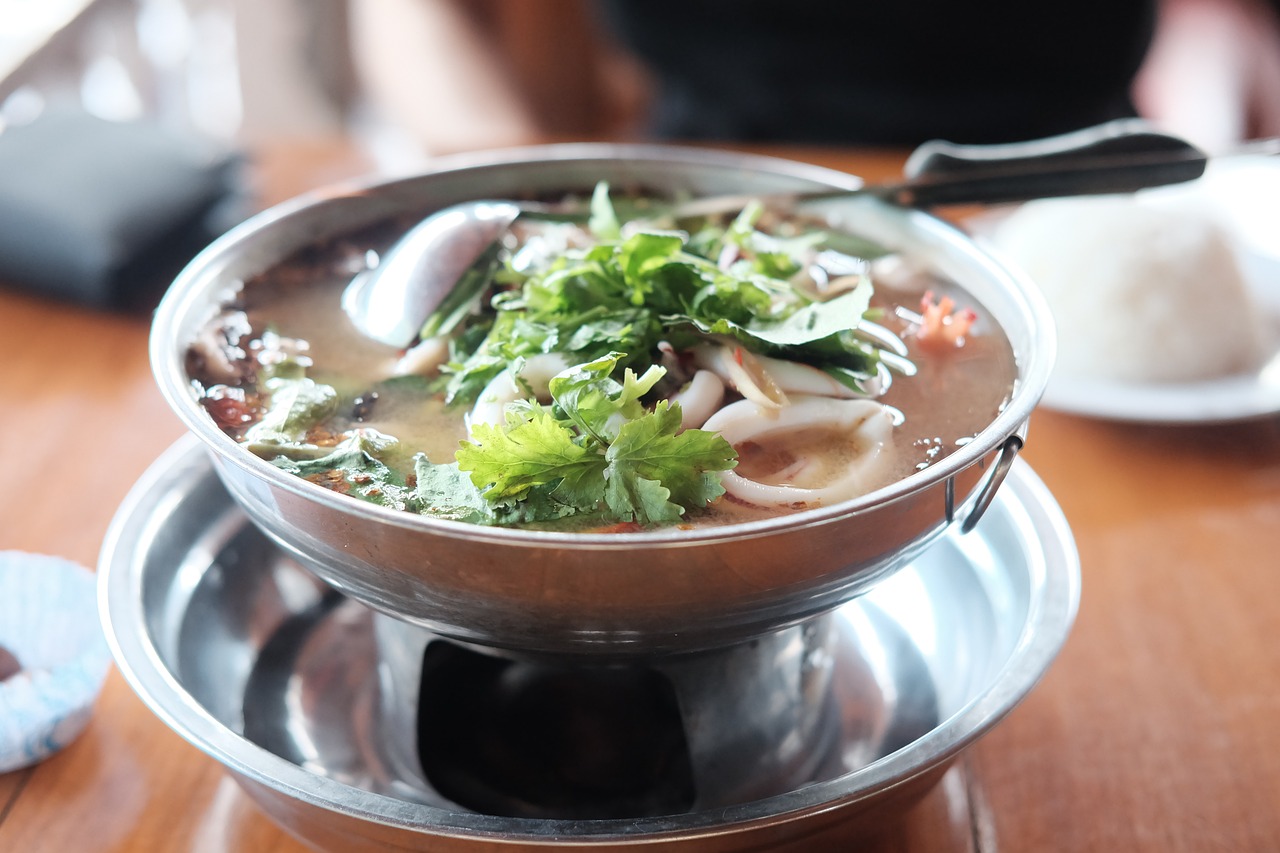Introduction:
Fat is often seen in a negative light, associated with weight gain and health problems. However, it’s important to recognize that fat in the body helps to protect vital organs’ role in the human body, one of which is protecting vital organs. In this extensive exploration, we will delve deep into the various aspects of fat and how it functions as a protective barrier for our essential organs. To understand this concept fully, we will discuss different types of fat, their distribution fat in the body helps to protect vital organs essay, the importance of fat in maintaining overall health, and how excess fat can lead to various health issues.
Types of Fat:
Before delving into the fat in the body helps to protect vital organs, it’s essential to understand the different types of fat found in the body. There are primarily two types of fat:
1.White Adipose Tissue (WAT):
This is the most common type of fat and is often associated with energy storage. WAT stores excess energy in the form of triglycerides, which can be used for energy during times of scarcity.
2.Brown Adipose Tissue (BAT):
Unlike WAT, BAT is rich in mitochondria and plays a significant role in thermoregulation. It helps generate heat by burning stored fat and is more metabolically active than WAT.
Distribution of Fat in the Body:
Fat is distributed throughout the body, with varying amounts in different areas. The two primary patterns of fat distribution are:
1. Subcutaneous Fat:
This type of fat lies just beneath the skin and is found throughout the body but is more concentrated in certain areas like the thighs, hips, and buttocks. Subcutaneous fat in the body helps to protect vital organs, thermal insulators and a cushion against external impacts.
2. Visceral Fat:
Visceral fat surrounds internal organs in the abdominal cavity, including the liver, pancreas, and intestines. While some visceral fat is necessary, excess visceral fat can lead to health problems and is often associated with conditions like obesity and metabolic syndrome.
The Protective Role of Fat:
Now, let’s explore how fat serves as a protective barrier for vital organs:
1. Cushioning:
Subcutaneous fat acts as a cushion, protecting the body’s surface and underlying structures from trauma and injury. This cushioning effect helps to absorb shock and reduce the risk of damage to vital organs.
2. Insulation:
Fat is an excellent insulator, helping to maintain a stable body temperature. It prevents excessive heat loss in cold environments and shields the body from temperature extremes. A particular fat tissue known as adipose tissue secretes a hormone called adipokines which influence various physiological processes such as metabolism, inflation and appetite regulation. This insulation provides a working environment for the tissues to excrete a balanced volume of hormones for proper functioning of vital organs.
3. Energy Reserve:
Fat stores energy in the form of triglycerides, which can be broken down and used as a source of energy during periods of fasting or increased energy expenditure. This energy reserve is essential for the continuous functioning of vital organs, especially when food intake is limited.
4. Organ Protection:
Visceral fat, although it can be detrimental in excess, also serves a protective role by providing a layer of cushioning around internal organs. It helps shield vital organs from physical trauma and provides some insulation against temperature fluctuations within the abdominal cavity.

The Impact of Excess Fat on Organ Protection:
While fat serves as a protective barrier for vital organs, it’s essential to recognize that excessive fat accumulation can have detrimental effects on organ protection and overall health. Excess body fat, especially visceral fat, is associated with several health risks, including:
1. Increased Risk of Cardiovascular Disease:
Excess fat can lead to the accumulation of fatty deposits in blood vessels, increasing the risk of atherosclerosis, heart disease, and stroke.
2. Impaired Organ Function:
Obesity, characterized by excessive fat accumulation, can strain vital organs such as the heart, liver, and kidneys. This can lead to organ dysfunction and increase the risk of organ failure. Excess fat can affect the respiratory system, leading to conditions such as sleep apnea and reduced lung function, which can impact the delivery of oxygen to vital organs.
3. Inflammation:
Adipose tissue secretes inflammatory cytokines, which can contribute to chronic inflammation in the body. Chronic inflammation is associated with various health conditions, including autoimmune diseases and certain cancers.
4. Insulin Resistance:
Excess fat, especially visceral fat, can lead to insulin resistance, a condition in which the body’s cells do not respond effectively to insulin. This can result in elevated blood sugar levels and an increased risk of type 2 diabetes.
Conclusion:
In conclusion, fat in the body helps to protect vital organs and serves a vital role in protecting essential organs through cushioning, insulation, energy storage, and hormone regulation. However, it’s crucial to maintain a healthy balance of fat in the body to ensure that its protective functions are optimized. The importance of fats for the body can’t be ignored especially when it’s about the energy storage as it is the main component responsible for the storage of required energy. Therefore, maintaining a healthy body weight through a balanced diet and regular physical activity is essential for overall health and the protection of vital organs. Understanding the role of Fat in the body helps to protect vital organs essay. Its impact on health is key to making informed decisions about lifestyle and nutrition.














Leave a Reply
View Comments